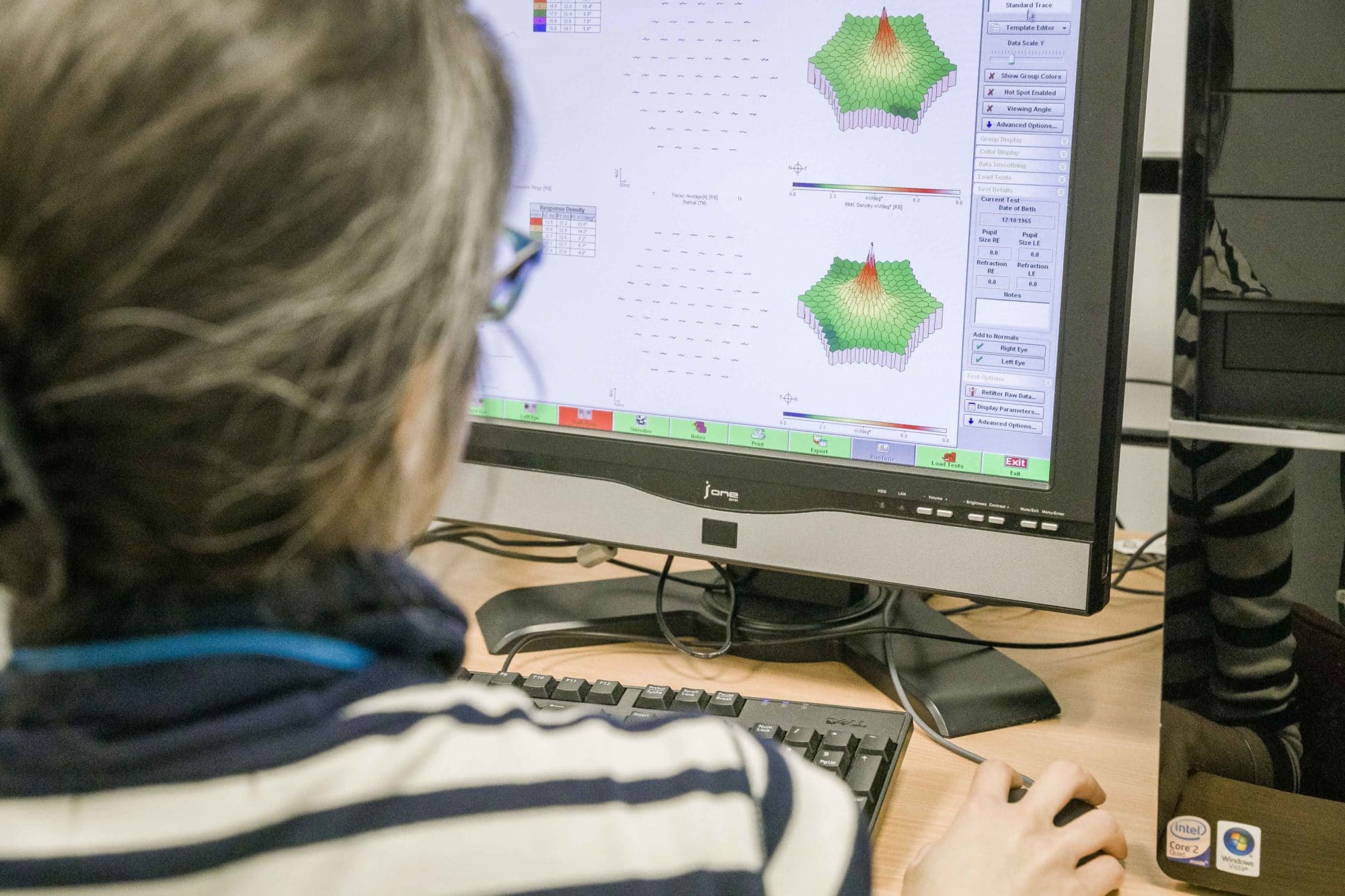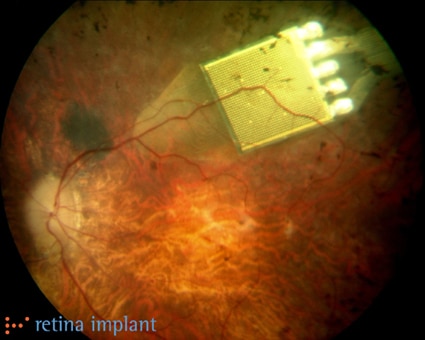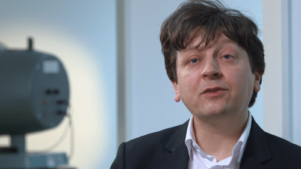
Edinburgh Marathon 2025
Held annually since 1982, the race begins in the city centre, before moving out of Edinburgh into East Lothian and finishes at Musselburgh in East Lothian. Are you ready to run for Retina UK?
Search results

Held annually since 1982, the race begins in the city centre, before moving out of Edinburgh into East Lothian and finishes at Musselburgh in East Lothian. Are you ready to run for Retina UK?

With a carnival atmosphere and the passion and spirit of the runners. this is a race like no other. Expect inspiring sights, iconic landmarks and incredible support all along the route. Join #TeamRetinaUK and experience it yourself!

With live music and thousands of spectators, this hugely popular race sells out fast but you could be there as part of #TeamRetinaUK in 2025. In true Mancunian style, it’s a party from start to finish, with a high-energy soundtrack along the route!

With a city centre start and finish, this race is a celebration of everything that makes Glasgow truly great - urban architecture, green spaces, history, music, strength, spirit and, of course, welcoming people! Sign up today and run for Retina UK.

With a city centre start and finish, Scotland’s friendliest city always delivers on the support front, with crowds of locals turning out each year to cheer and high-five from beginning to end. Join #TeamRetinaUK this winter!

With various locations to choose from in 2025, these hugely popular jumps are back for another year! Join #TeamRetinaUK for a fun day out in 2025.

We have created Discover Wellbeing to help people affected by inherited sight loss to develop an awareness of emotional wellbeing and the practical skills to adapt to life’s ups and downs.

In 2014 we funded an exciting new collaborative project. The UK Inherited Retinal Dystrophy Consortium (UKIRDC) Project brought together the four largest research groups in the UK specialising in inherited retinal diseases (IRDs).

There are about 125 million rod and cone cells within the retina that act as the eye's light receptors.

Prof Dominic Ffytche will provide an explanation of what Charles Bonnet Syndrome is, the science behind it, and share some potential coping strategies for people who experience visual hallucinations.